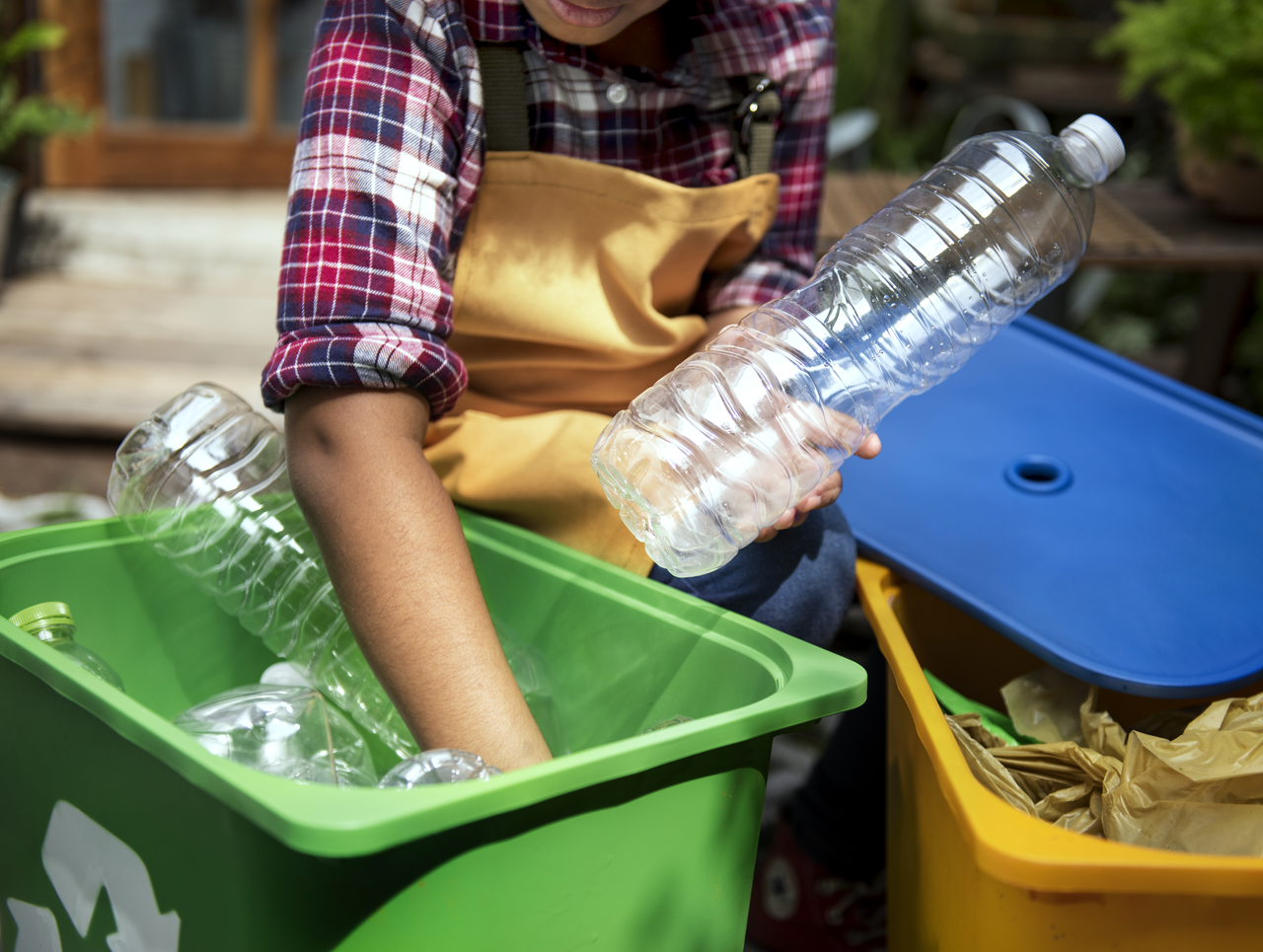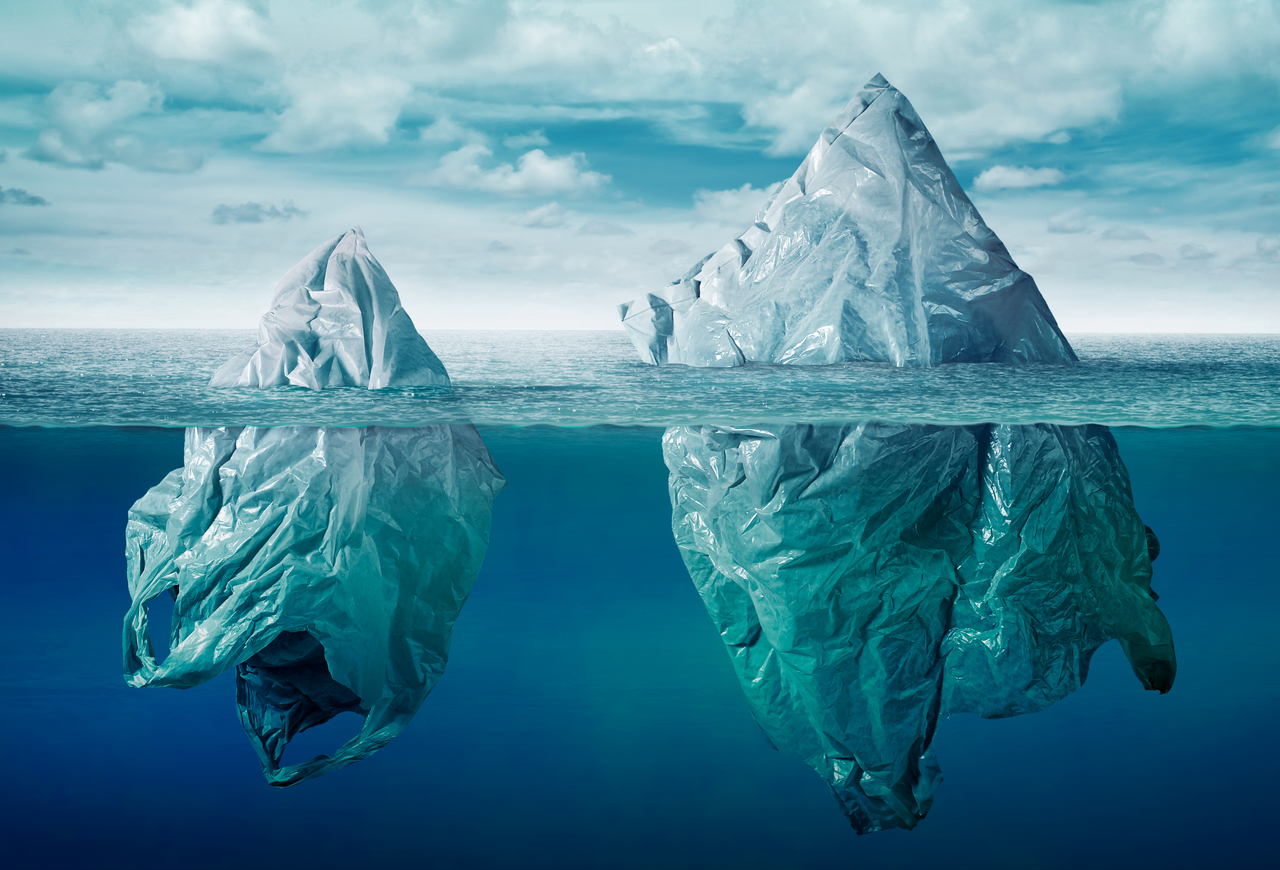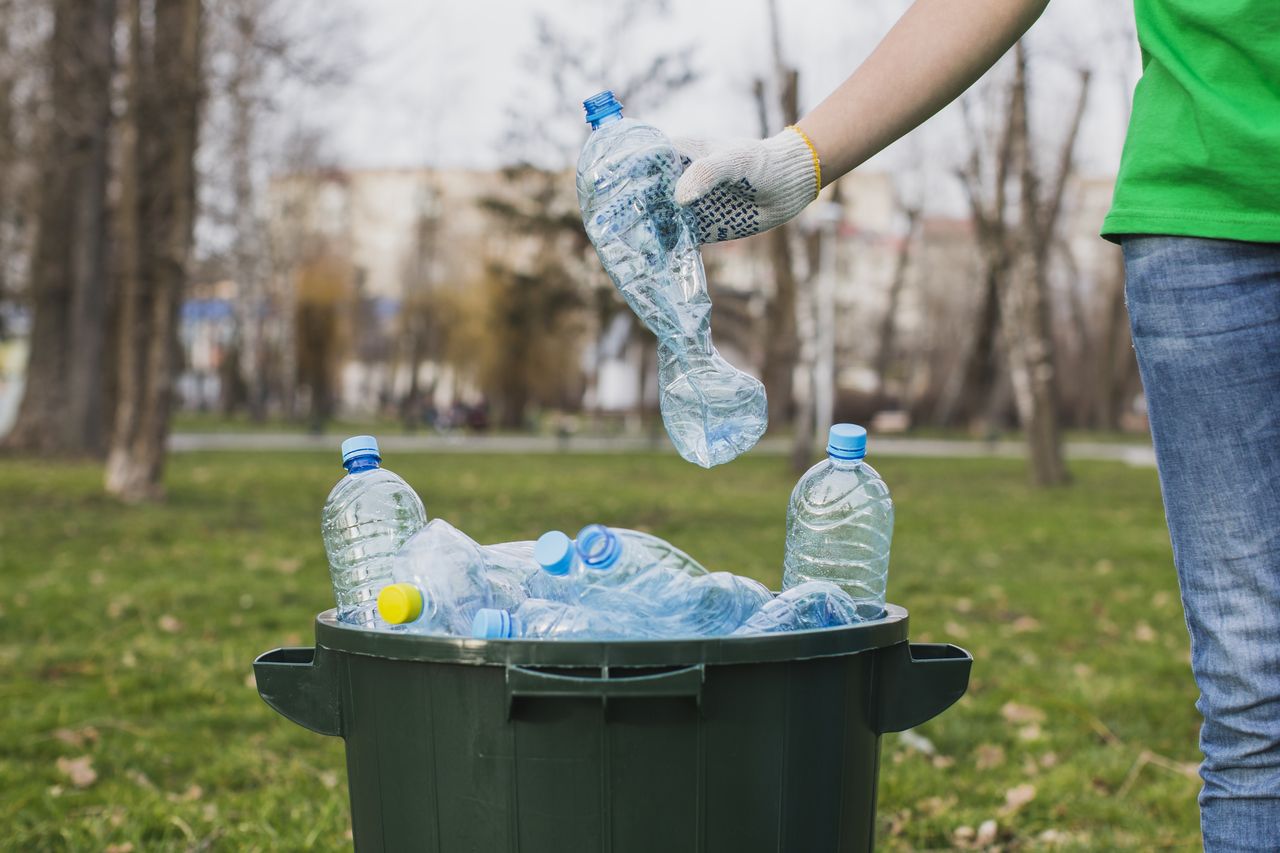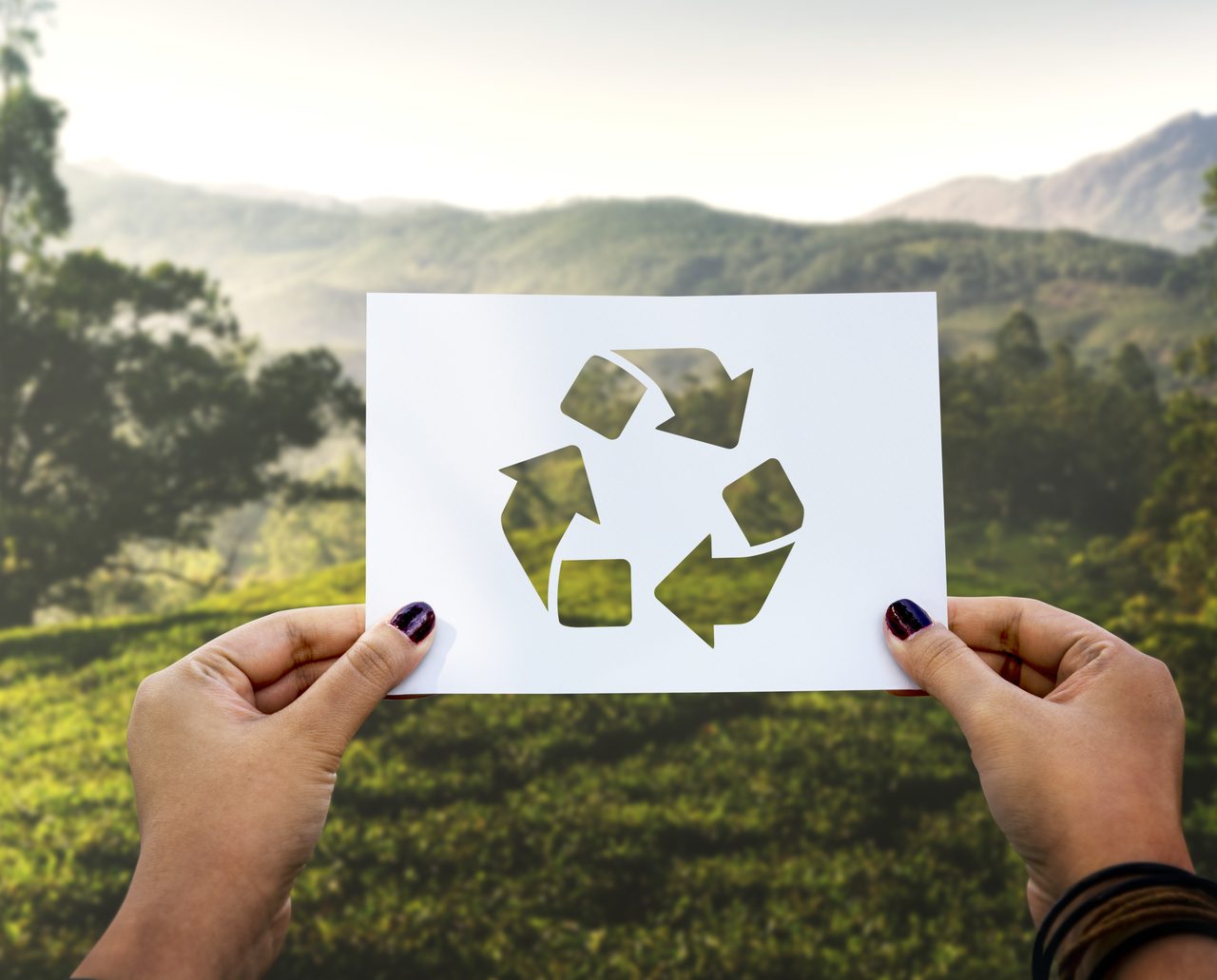August 14, 2020
6 Tips For Recycling Plastic Products

Plastic pollution is a problem for a lot of communities. The global impact of plastic has increased rapidly over the years and modern efforts to reduce it are being heavily implemented in various countries. Recycling can help conserve resources, reduce waste, and sustain the environment. To reduce this type of pollution, here are some tips for recycling plastic products.
Plastic bottles have been overlooked before. People didn’t know how to get rid of it or how to recycle it. However, there are tons of companies that recycle and repurpose the bottles to ensure that every plastic component goes through a new life cycle. These plastic bottles can be converted into other household items as well which is also a great way to recycle your old bottles. These can be repurposed into planters and for school projects. However, if you find that you’re hoarding these plastic bottles, do yourself and the environment a favor by recycling it instead.

Did you know that plastic grocery bags dissolve into harmful microplastics? These can be ingested by animals, which can potentially hurt or kill them. Even if you can say that these bags are recyclable, throwing them in your trash bin is not enough. You will need to drop off your plastic bags in an area that can effectively recycle them without harming the environment.
It’s not limited to grocery bags either. Sandwich bags, zip locks, plastic wrappers, and bubble wrap are all prone. If the plastic can’t survive the poke test, they should be considered as dangerous microplastics and should be eliminated in the proper commercial facilities to safeguard the environment.
Recycling seems like a fairly easy concept to grasp but you need to be a lot smarter to know which can endanger the environment. There are lots of small items you can recycle but if it happens to be smaller than a credit card, don’t bother recycling it. This refers to straws, plastic cutlery, paper clips, bottle caps, and more. As long as these objects are smaller than your average credit card, it could potentially jam recycling equipment. If you’re recycling bottles and are worried about plastic caps, make sure to put it back on the bottle so it can be sorted properly.

Enforcing this habit can be beneficial to reduce plastic pollution. If you place a designated recycling bin at home, it can make it easier for the entire family to remember what to recycle. It doesn’t have to be limited to one area. Keeping multiple bins for recycling can help organize the items properly. Try placing the bin near your kitchen, bathroom, and garage to get started.
Recycling as a habit shouldn’t be limited to your home. When you’re out and about, public areas have a ton of recycling bins ready. It’s best to utilize it. Avoid being lazy by throwing it in any bin. These recycling bins are properly labeled for a reason. If you can’t find a recycling bin, take the product home with you. This reduces your litter and helps increase the number of recycling materials.
Food waste contains a lot of contaminants for recyclable materials. Throwing away food containers that are not properly cleaned, emptied, and dried can lead them to landfills. To prevent the dreaded landfill buildup, always try your best to clean and dry off your recyclables.
A good rule of thumb to remember is if you’re concerned about rodents getting into the recyclable item, it’s not clean. Separate the food waste and add it to the compost. Then you can proceed to wash and dry the food container. If you keep this in mind you can prevent a lot of recyclable materials from going into the landfill.

You can get a ton of products from recycled plastics that are just as good as any. These plastics can be used for new food containers, kitchen tools, patio furniture, and more. Seeking out these products can help turn waste into something valuable while helping manufacturers and local businesses that use this material gain revenue. You’re not only helping the environment but you’re also making sure that you help out the local economy.
These tips for recycling plastic products are simple and easy to do. Anyone can contribute to a better environment and economy with proper habits. Arming yourself with this knowledge can help you step into a more environmentally aware lifestyle. These habits that are locked in can pave the way to better places for future generations. Remember these tips and encourage your family to recycle plastic products the proper way.